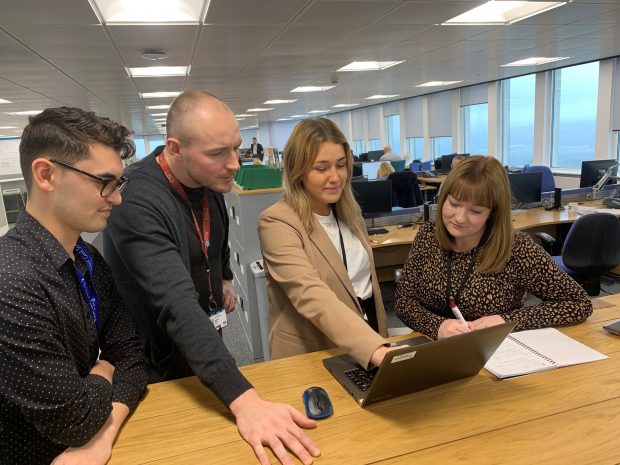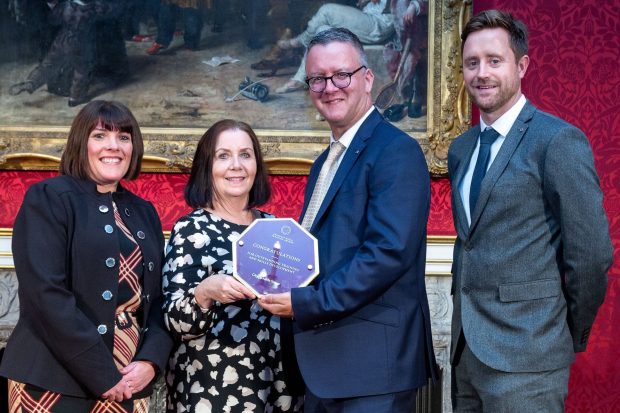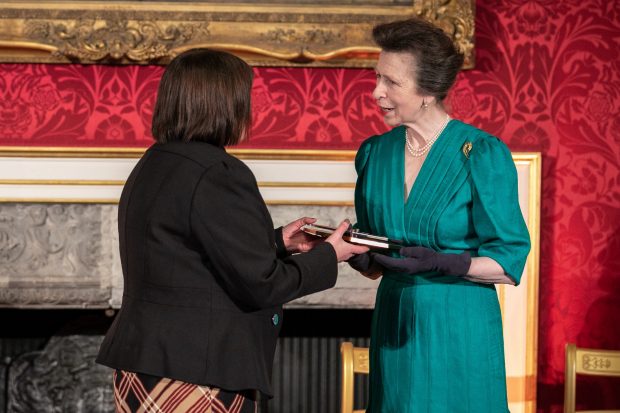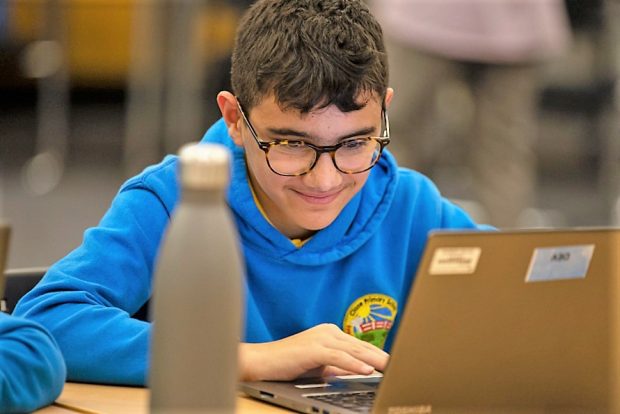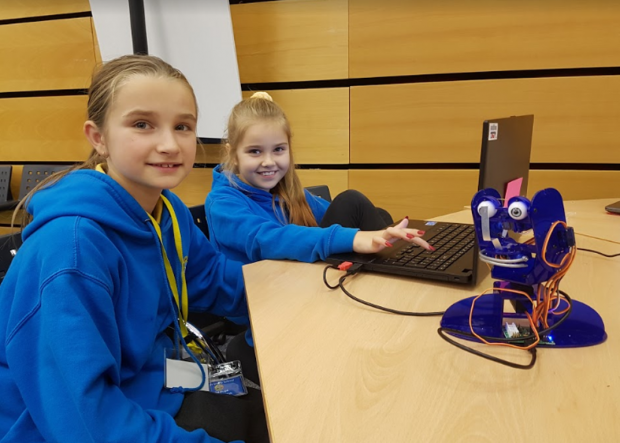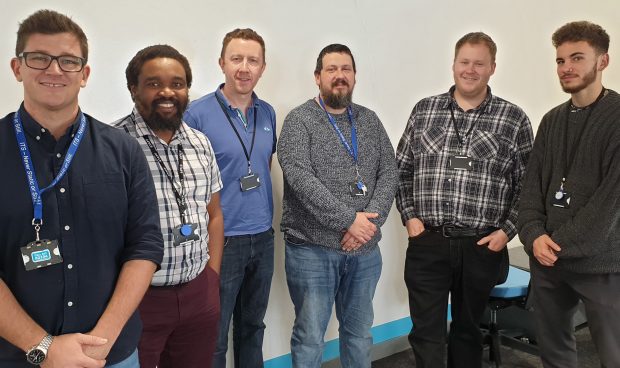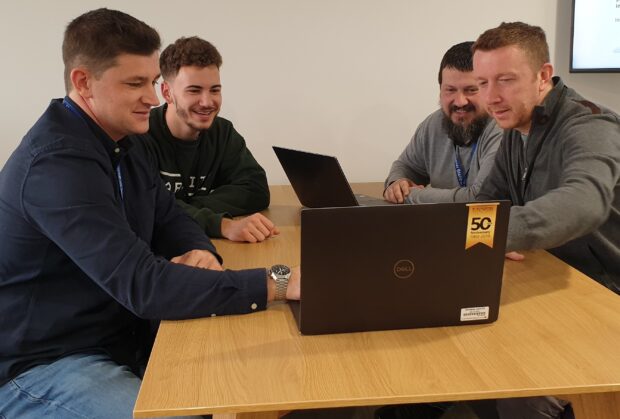Picking up the baton at DVLA contact centre
I’m delighted to join a vibrant working environment with such great people.
We are a multi-channel customer service provider with around 1,100 staff handling over 24.5 million enquiries a year. The strong leadership and excellent people development that exists is second to none. I think our vision says it all:
To be a centre of excellence in everything we do
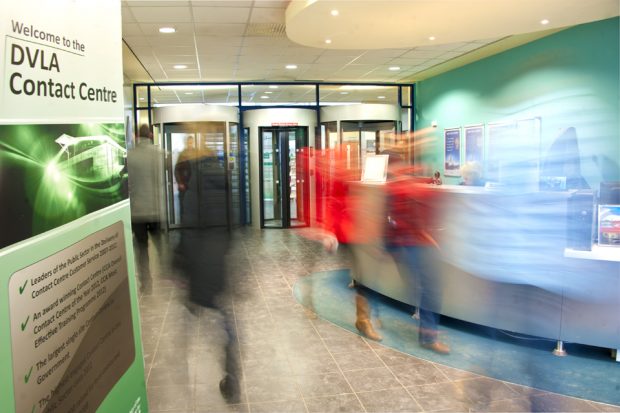
Award winning customer service
We recently received Customer Contact Association (CCA) accreditation for the 12th consecutive year, this time successfully obtaining CCA Global Standard Version 7.
To support our accreditation independent external assessors met with staff, senior leaders and key stakeholders to benchmark our operation against the CCA standards.
Continuous focus on customer experience, strong processes, staff development and engagement were key strengths highlighted by the CCA in their assessment.
This achievement follows on from our recent success at the CCA Excellence Awards, where we picked up Team of the Year and Individual of the Year awards.
What I bring to the role
I have over 20 years’ experience in a contact centre environment, covering every role from phone advisor to operations manager and everything in-between! I’m excited to use my expertise to help shape how we take the contact centre to the next level.
Coming from the private sector into the public sector has its advantages. Bringing different perspectives and experiences can be helpful when looking at continuous improvement, pushing digital transformation, and supporting our customers and people.
What the future looks like
We’ll continue supporting customers by offering a choice of channels. I look forward to building on technology we’ve already introduced such as chatbots and webchat.
I’m proud of the awards we’ve achieved, the engagement of our staff and how we always strive for excellence. We’ve got a culture where everyone works towards a common team goal, no matter what individual roles they play.
